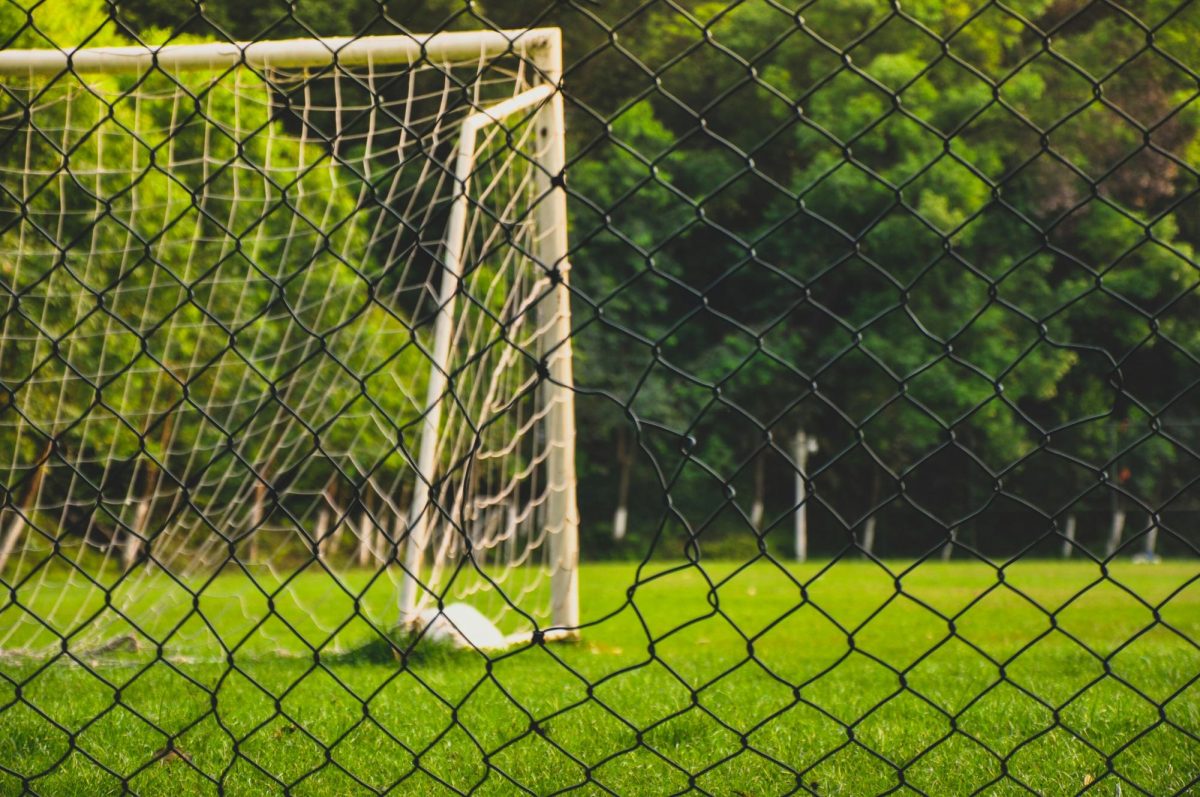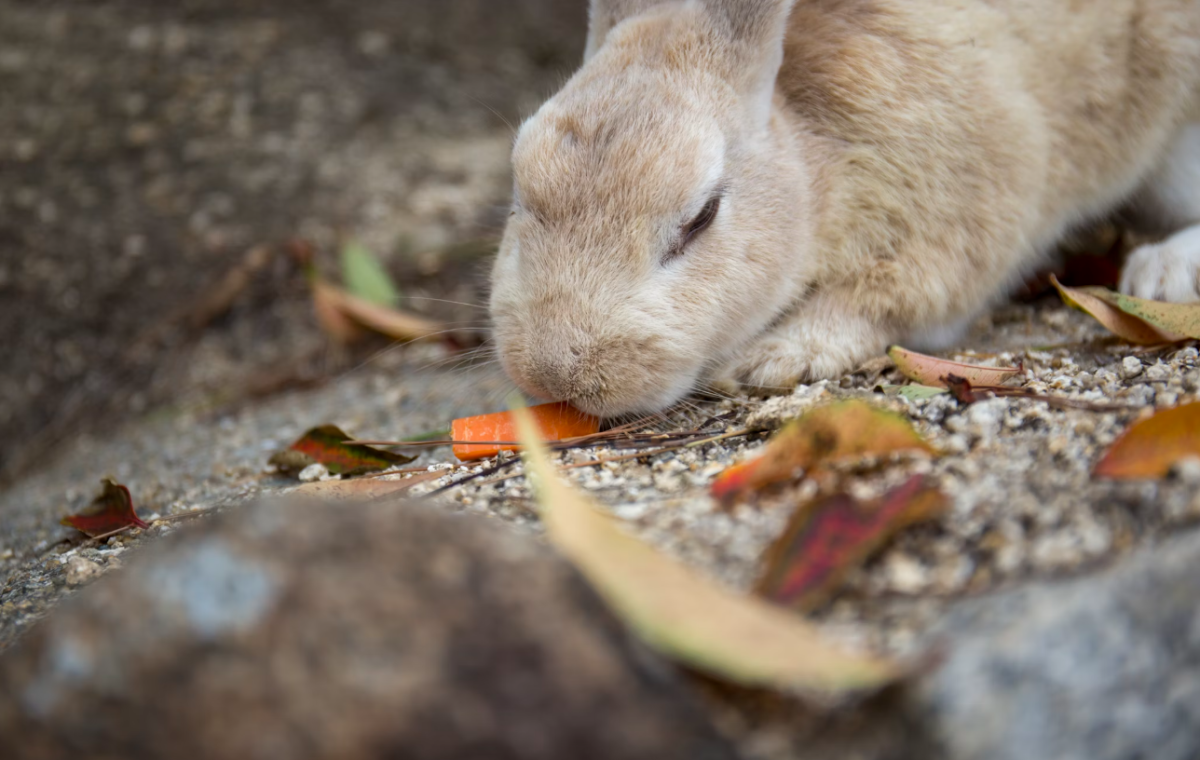My heartbeat quickened as I stood at the edge of the field, my magenta soccer boot studs digging into the damp earth. The crowd hummed with anticipation, but my focus was locked on the opposing team.
My old Hills district team.
The team I had never been allowed to join, due to my gender.
Their coach, the same man who had never given me a chance to play year after year, stood on the sidelines. Initially, I believed him when he claimed I was “too weak” or that “I ran like a girl”.
Why do we still allow outdated biases to dictate who gets a chance to play?
The whistle blew. I sprinted forward, the weight of every rejection falling away with each step… And yes, I ran like a girl.
Why am I forced to fight for my place on the field?
It is ridiculous that in 2025, with years surpassing medieval times, young girls still have to fight for their place.
Female discrimination in sports is not just an inconvenience to be covered up by a mocking “cheer up doll”, it is a systemic issue that actively discourages female participation.
According to a shocking 2024 study by Sport Australia, a mere 33% of girls aged 15 to 17 participate in organised sports compared to 51% of boys. This is not because girls lack ‘talent’ or ‘passion’, but because they are met with the male dominating forces of exclusion, underfunding, and dismissive attitudes from the men in charge.
The barriers are real, and they start at an early age. By the age of 14, twice as many girls as boys drop out of sports.
But why? Because the patriarchy pushes. But why? Because sexism stifles. But why? Because girls’ confidence is crushed. But why? Because the fewer women teams mean funding fails, then their futures fade…
Coaches prioritise boys, media coverage focuses on male athletes, and young sport programs mirror these imbalances. It is not just about missing out on a game, it is about missing out on the discipline, leadership, and resilience that sports instil.
Just ask yourself, when is the last time the world cup tickets have been sold out to a female game?
Exactly.
I noticed this when I was sitting down in front of the television. The camera captured the winning shot of Sam Kerr’s goal for the Matilda’s, as she ecstatically balls her fist into the air, running around the perimeter of the field. The camera angle paces upwards, revealing the vacant chairs circling the stadium. Despite the lack of audience, Sam Kerr’s gleaming smile with the sweat dripping down her forehead after her win made me realise that I wanted to embody her.
That I could one day become a Matilda.
And yet, we see time and time again that when given the chance, women do thrive! Their success is undeniable. It should not take international glory for us to recognise a girl’s right to play in her own school.
Sam Kerr, Australia’s iconic soccer player, proudly asserted in 2020 that “Everyone should feel comfortable in whatever skin they’re in.”
How does it feel to be comfortable in one’s skin?
To belong?
To stand strong, to take space, to exist without endless effort to prove your place. How many girls have been silenced, sidelined, or subtly shut out, told the field is not theirs to claim?
The truth is, we have spent too long struggling to squeeze into spaces not shaped for us, when all along, we should have been sculpting our own.
And as the damp earth grips the studs of our soccer boots and the air thrums with anticipation, let every girl stride forward… Steady, strong, and certain, that the field is hers, too.














